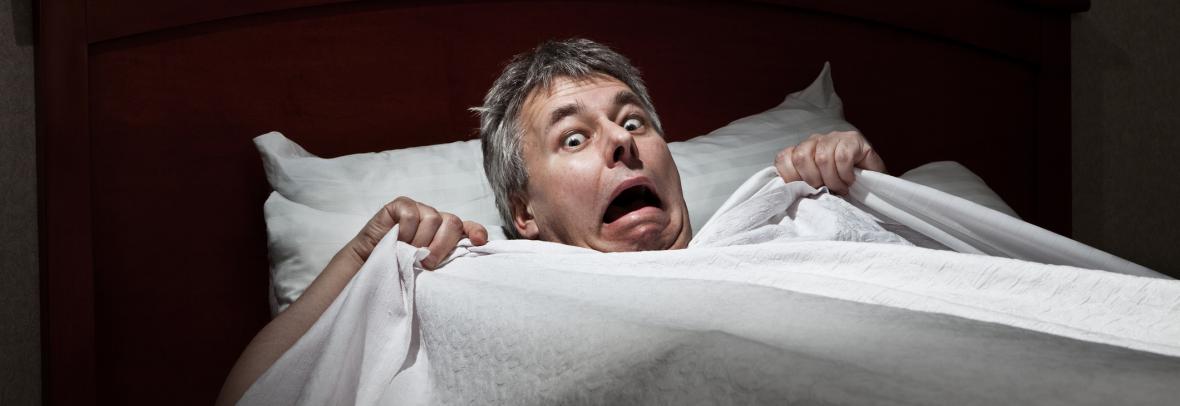
Selling a Haunted House? What You Need to Know
Do buyers have a right to know that a listing comes with a ghost? In Fla., probably not – but states’ laws vary on what ghost-adverse buyers deserve to know.
ORLANDO, Fla. – Your dream home may be haunted, and in most states, sellers don’t have to say boo about it.
A state-by-state analysis from Zillow found only four of them deal with paranormal activity in their real estate disclosure laws: New York, New Jersey, Massachusetts and Minnesota.
In New York state, courts will rescind a home sale if the seller creates and perpetuates a reputation that the house is haunted and then takes unfair advantage of a buyer’s ignorance of the home’s ghostly reputation. For example, if you invite reality television ghost hunters to your home, then later sell your poltergeist palace to an unwitting buyer who prefers sitcoms, a court could make that sale vanish.
In New Jersey, a seller must truthfully tell a buyer if their property comes with phantom roommates – only if asked.
Many states have statutes that say property facts that could cause “stigma” or “psychological impact” need not be disclosed. Massachusetts and Minnesota deliberately mention paranormal or supernatural activity as a “psychologically affected” attribute that does not need to be disclosed.
Some real estate agents say haunted properties present other challenges that can scare off buyers.
“I worked with a seller who claimed their house was haunted by a ghost who lived in the basement,” says Jennifer Stauter Kornstedt, a Zillow Premier Agent in Wisconsin. “When I arrived for the open house, I heard banging noises coming from the basement. I went to investigate but could not find the source of the noise. Then the phone rang three times with only static on the other end.”
Stauter Kornstedt says she and the seller agreed to disclose the creepy companion to any potential buyer even though they didn’t have to under to Wisconsin law. Ultimately, the homeowners decided to stay in their house, but Stauter Kornstedt says she’s been spooked ever since.
Nine states have laws on a disclosure of a death on the property. In California, sellers must disclose a death on the property within 3 years. In Alaska, a death within one year must be disclosed. In South Dakota, sellers must disclose a homicide on the property.
In Connecticut, Delaware, Georgia, New Hampshire, New Jersey and South Carolina, sellers must disclose a death on the property only if asked.
Florida law on haunted/stigma properties
689.25 Failure to disclose homicide, suicide, deaths, or diagnosis of HIV or AIDS infection in an occupant of real property.
(1)(a) The fact that an occupant of real property is infected or has been infected with human immunodeficiency virus or diagnosed with acquired immune deficiency syndrome is not a material fact that must be disclosed in a real estate transaction.
(b) The fact that a property was, or was at any time suspected to have been, the site of a homicide, suicide, or death is not a material fact that must be disclosed in a real estate transaction.
(2) A cause of action shall not arise against an owner of real property, his or her agent, an agent of a transferee of real property, or a person licensed under chapter 475 for the failure to disclose to the transferee that the property was or was suspected to have been the site of a homicide, suicide, or death or that an occupant of that property was infected with human immunodeficiency virus or diagnosed with acquired immune deficiency syndrome.
© 2023 Florida Realtors®
